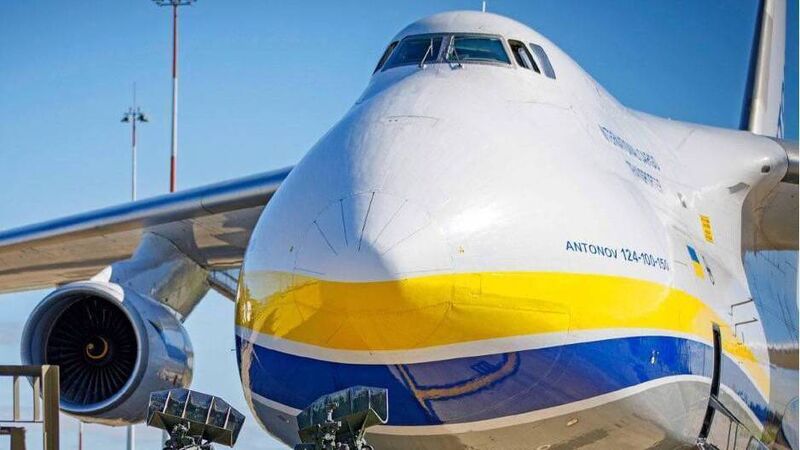Antonov plane cargo raises new questions about Irish neutrality

A giant Antonov 124 left Amberley air base in Australia, carrying M777 howitzers and Bushmasters bound for Ukraine, stopping in Canada before landing at Shannon.
Yet again questions are being asked about the use of Shannon Airport and its implications for Irish neutrality following revelations about the cargo contained in an Antonov AN-124 which landed there in early May.
The airport has been used as a stopover and fuelling stop for US military for nearly 20 years, with tens of thousands of troops transiting through yearly.













